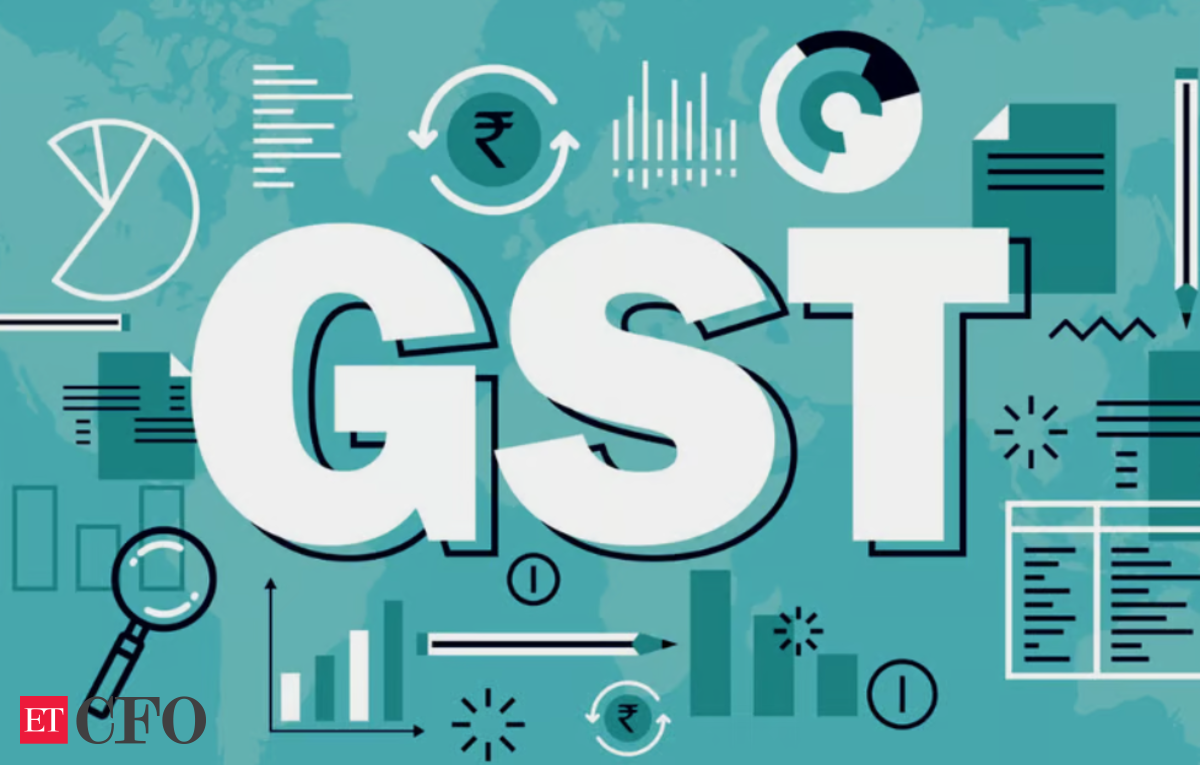The Union Budget 2024 has brought significant changes to the capital gains tax framework, impacting both short-term and long-term investors. So how do you cushion the impact?
Understanding the capital gain tax
Capital gains tax is levied on profits made from the sale of capital assets such as stocks, mutual funds, real estate, and gold. The tax rate varies based on the type of asset and the holding period.
So what are the changes? And what will be the impact?
Experts explains, “With the marginal increase in LTCG from 10 per cent to 12.5 per cent (for equities), long-term investors might be paying slightly higher taxes. However, with the exemption limit raised to ~1.25 lakh, small investors will see modest benefits. The increase of STCG from 15 per cent to 20 per cent will impact short-term equity investors. Although the tax rates are marginally increased, equity mutual funds remain an attractive investment opportunity compared to other asset classes. Therefore, we do not anticipate that the change in tax rates will significantly affect the flows towards equity mutual funds.”
Experts suggest strategies to minimise capital gains tax
Hold investments longer: Given the increased STCG rate, investors should consider holding their assets for longer periods to benefit from the lower LTCG rate.
Utilise exemption limits: Investors should take advantage of the increased exemption limit of Rs 1.25 lakh for LTCG, ensuring that they maximise their tax-free gains.
Set off capital losses: Investors can set off their long-term and short-term capital loss against long-term capital gains. This minimises the tax liability and only the difference is subject to the LTCG tax.
Invest in tax-saving instruments: Certain investments, such as Equity-Linked Savings Schemes (ELSS) and National Pension System (NPS), offer tax benefits under Section 80C of the Income Tax Act. These can help reduce your overall taxable income, potentially lowering your capital gains tax bracket.
Reassess portfolio: Investors should regularly review their portfolios to identify which assets may be more tax-efficient to hold or sell, especially in light of the new tax structure.
Consult financial advisors: Seeking advice from tax professionals or financial advisors can help tailor strategies that align with individual financial goals and tax situations.
Visit www.cagurujiclasses.com for practical courses










How to get lTCG exemption by payment of house loan emi.